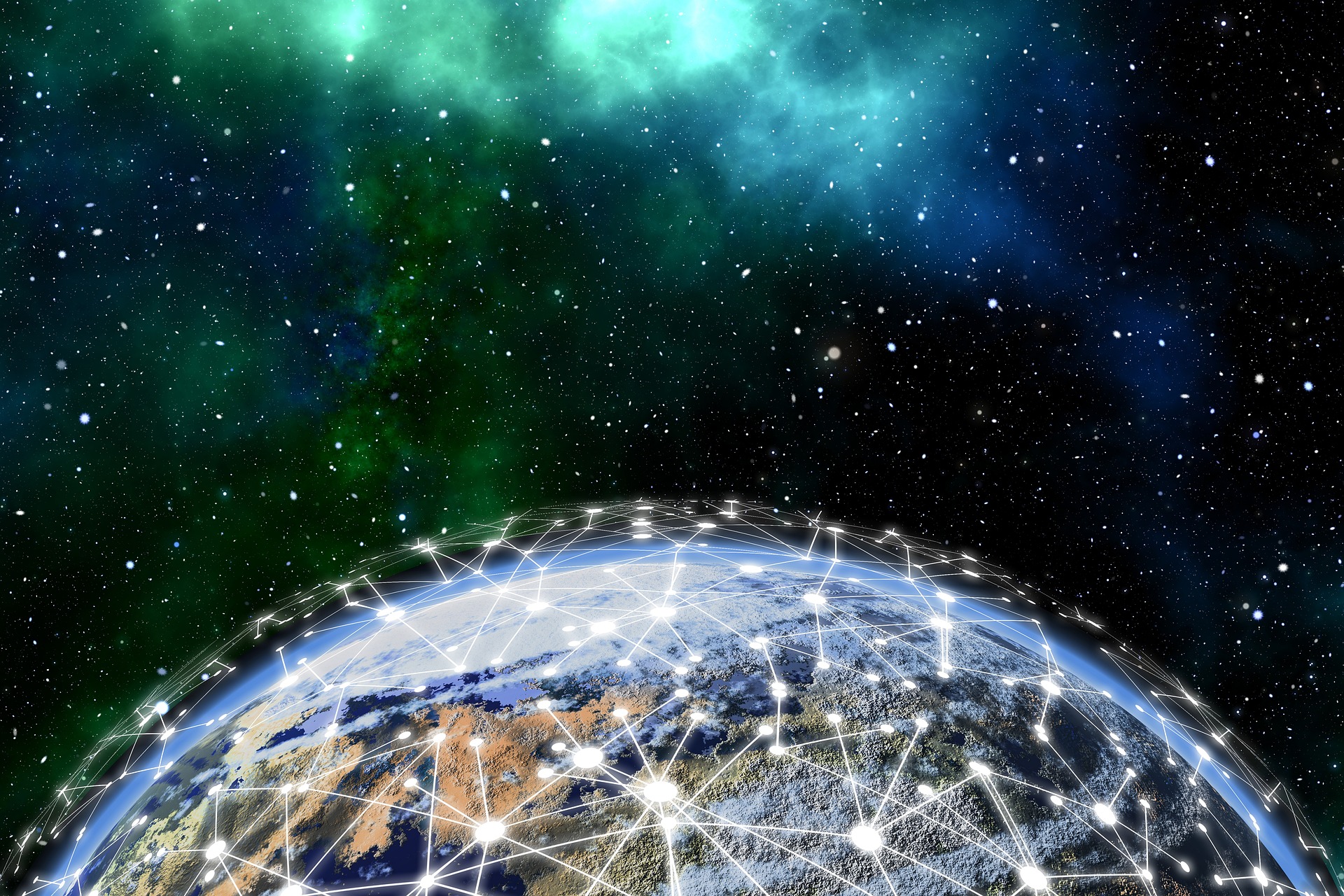 Image by Gerd Altmann from Pixabay
Image by Gerd Altmann from Pixabay
In recent years, blockchain technology has drawn a lot of interest, especially in virtual currencies like Bitcoin. Its potential, though, goes far beyond cryptocurrency. Blockchain technology has the potential to help solve some of the world's most important problems, such as climate change, supply chain transparency, financial inclusion, and poverty reduction. I will examine how blockchain technology might assist in resolving global issues in this article and offer instances of its potential practical uses.
Financial Inclusion and Poverty Reduction
The topic of financial inclusion and poverty alleviation is one of the most promising uses of blockchain technology. The World Bank estimates that around 1.7 billion adults globally lack access to a bank account, which restricts their capacity to save, invest, and engage in the formal economy. By enabling the development of decentralized financial systems that are accessible to anybody with a smartphone and an internet connection, blockchain technology can help solve this problem.
The M-Pesa mobile money system in Kenya is an illustration of this, as it makes use of blockchain technology to facilitate peer-to-peer transactions and other financial services for those who do not have access to conventional banking services. Since the system's debut in 2007, more than 40 million users have registered and more than $45 billion in transactions have been completed.
Another illustration is the Building Blocks project of the UN World Food Programme, which distributes financial aid to refugees in Jordan using blockchain technology. The technology enables refugees to obtain digital coupons that may be spent for food and other necessities at nearby stores. Using blockchain technology lowers the risk of fraud and corruption by ensuring that transactions are safe and transparent.
Supply Chain Transparency
Transparency in the supply chain is another area where blockchain technology may make a big difference. Today, a large number of products are created through intricate global supply chains involving several suppliers and middlemen. It can be difficult to ensure that things are produced ethically and sustainably, and customers frequently have no idea where the goods they purchase are made.
This problem can be solved with the aid of blockchain technology, which offers a transparent and unchangeable record of the entire supply chain. This can assist businesses in identifying and resolving problems including child labor, environmental harm, and other ethical difficulties. Customers can feel more confident in the goods they purchase if they know that they were created ethically.
One instance of this is Walmart's use of blockchain technology to trace the origin of pork products sold in China. Walmart can follow the entire supply chain using this method, from the farm to the shop, and can give customers comprehensive information about the origin and caliber of the goods they purchase.
Climate Change
One of the largest worldwide issues of our day is climate change. Our energy systems, transportation systems, and other vital infrastructure will need to undergo considerable adjustments to address this challenge. Blockchain technology has the potential to contribute to this transformation by making it possible to develop decentralized energy systems and other novel ideas.
The Brooklyn Microgrid project, which employs blockchain technology to facilitate peer-to-peer trade of renewable energy, serves as an illustration of this. As a result, the system lessens the need for centralized power plants and boosts the usage of renewable energy. The system enables people and organizations with solar panels to sell excess energy to their neighbors.
Another illustration is the Estonian government's use of blockchain technology to provide a safe and open system for monitoring greenhouse gas emissions. To lower the risk of fraud and guarantee that emissions are accurately accounted for, the system enables businesses to track their emissions and exchange carbon credits on a safe and open platform.
Identity and Access
In the digital world of today, issues with identity and access are crucial. Many people lack trustworthy identification documents, which might restrict their access to necessary services including healthcare, education, and financial services. By facilitating the development of safe and decentralized identity systems, blockchain technology can assist in resolving this problem.
The ID2020 effort, which seeks to give people who lack digital identities trustworthy and transportable ones, serves as an illustration of this. The system builds a decentralized identity platform that is safe and accessible to users everywhere using blockchain technology. By doing so, identity fraud may be decreased and more people may have access to critical services.
Another illustration is how the UN Refugee Agency uses blockchain technology to give refugees secure, transferable digital IDs. Even when they are in transit and without access to conventional forms of identification, the system enables refugees to access necessities like healthcare and education.
Conclusion
In conclusion, blockchain technology can address some of the world's most important issues, such as climate change, supply chain transparency, financial inclusion, and poverty reduction. The case studies presented in this article serve as illustrations of the wide range of blockchain technology's uses and its potential to have a beneficial effect on society and the environment. Innovative solutions will probably continue to develop as technology progresses, giving us fresh and interesting methods to address the global difficulties we confront.